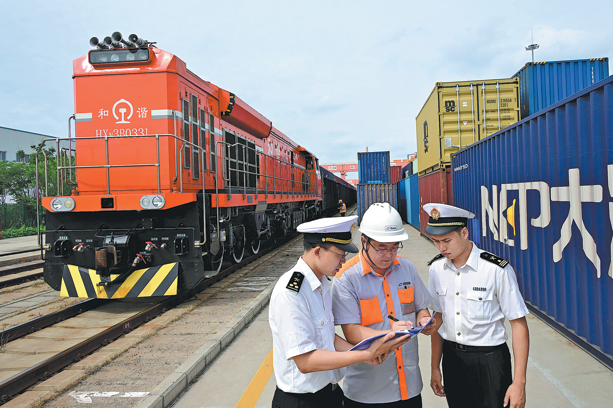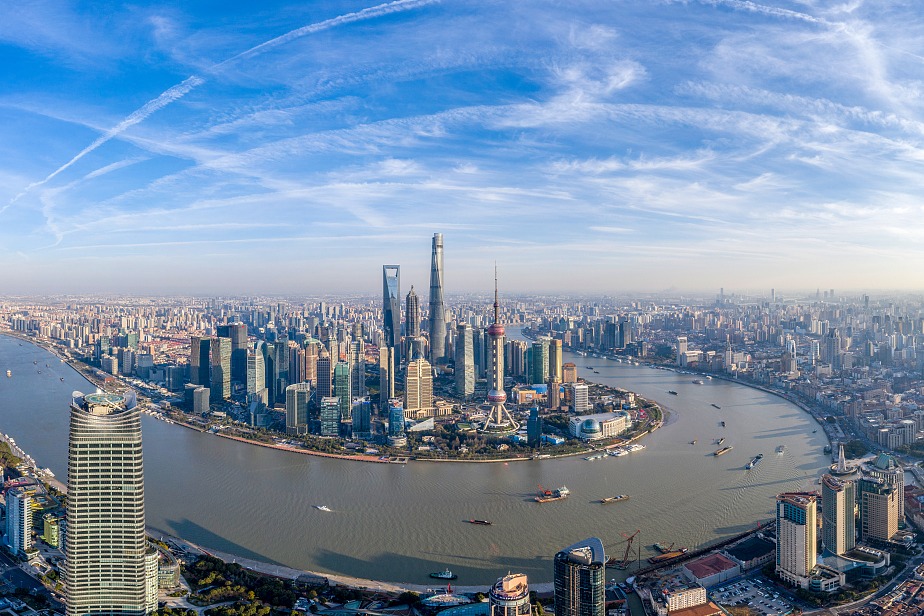What is "real economy"?

The recently concluded fourth plenary session of the 20th Central Committee of the Communist Party of China has mentioned in its communique that China will "stay committed to focusing our efforts on boosting the real economy".
We hear "real economy" a lot, but do you really understand what this term means? The core of the "real economy" is it directly participates in the creation of social wealth and the realization of value. Any activity involved in the production and circulation of goods and services belongs to the real economy.
These goods and services, centered around the manufacturing industry, cover food and fresh produce, clothing and footwear, household daily necessities, energy production, electronic devices, vehicle manufacturing and transportation services, education and training, leisure and entertainment services, and so on.
As e-commerce becomes a daily norm, however, the concepts of a physical store and online shops are sometimes confused with "real economy" and "fictitious economy". Many items sold on an e-commerce platform involve real production, storage, logistics, and transactions. It absolutely belongs to the real economy! So, the "real economy" isn't about having a physical store.
So, what is "fictitious economy"? Simply put, its main components are financial activities. But please note, the "fictitious economy" doesn't equal "bad economy". As Karl Marx analyzed, fictitious or financial capital essentially branches off from industrial or commercial capital. Its fundamental purpose should be to serve the circulation and expanded reproduction of the real economy. A healthily developed fictitious economy can reduce social transaction costs and optimize resource allocation. It's an indispensable "booster" for the real economy.
Therefore, the real economy and the fictitious economy are not simply opposites; they are complementary and mutually reinforcing.
This is precisely why we must recognize that the real economy has been and still will be the foundation of China's development and the "ballast stone" for ensuring and improving people's livelihoods. A country with a complete industrial system and strong manufacturing capabilities demonstrates greater resilience and room to maneuver when facing uncertainties.
Today's Top News
- Economy seen on steady track
- Trade-in program likely to continue next year
- Li: SCO can play bigger role in governance
- Huangyan Island protection lifeline for coral ecosystem
- Latin America urgently needs green credit
- AI innovation powers China's lead in smart eyewear






























